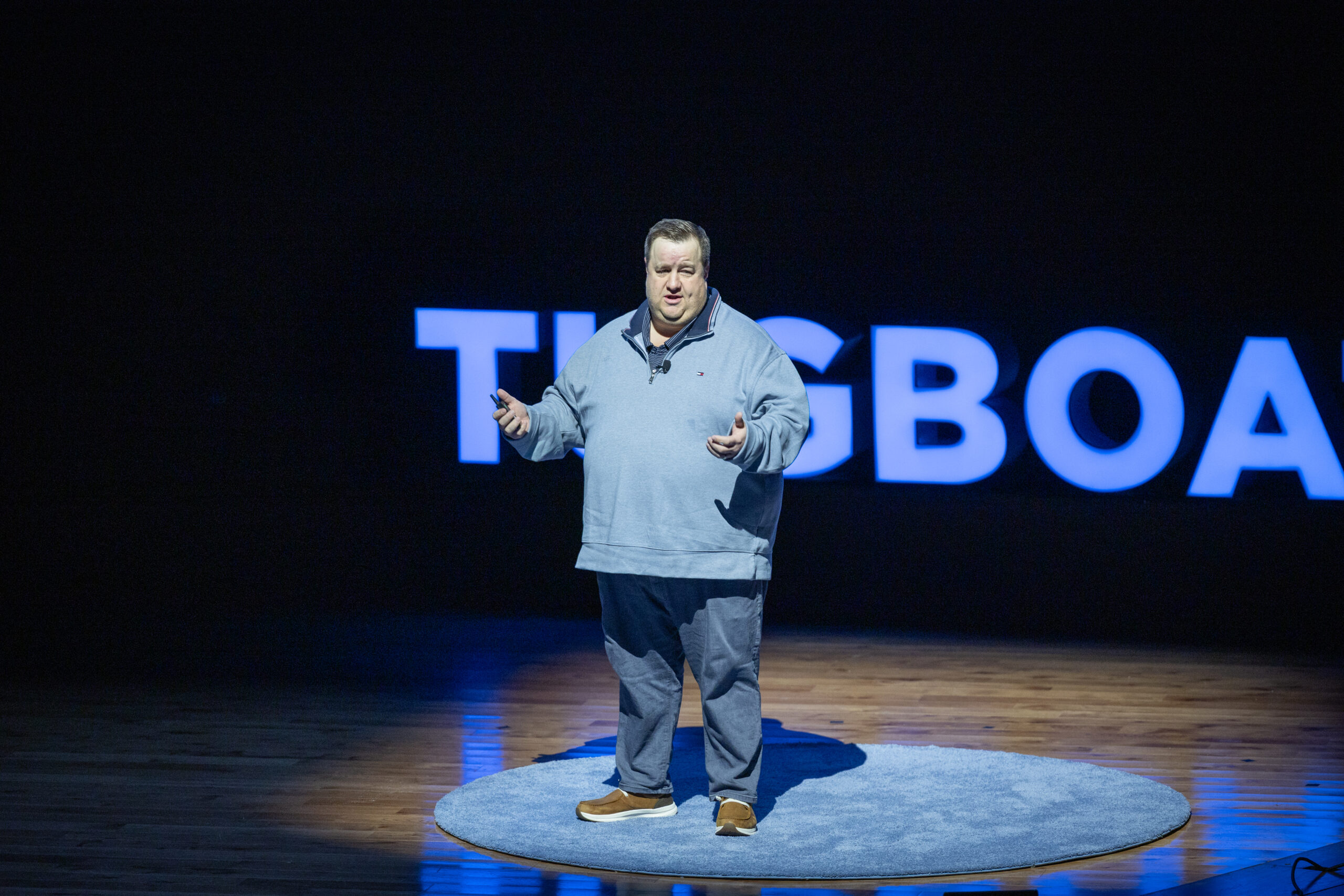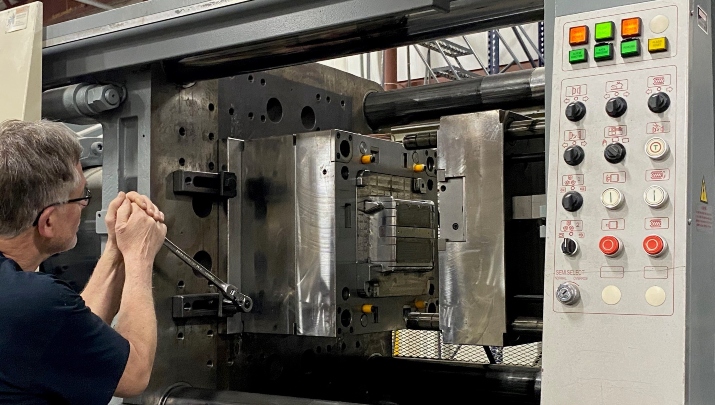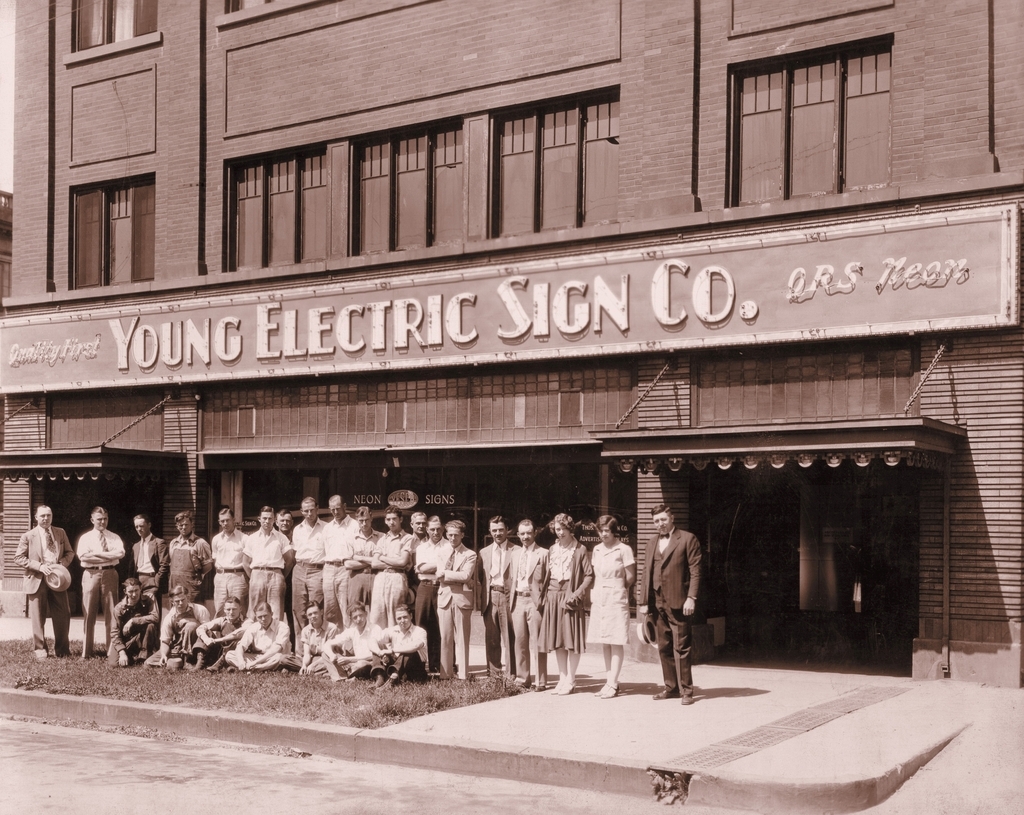
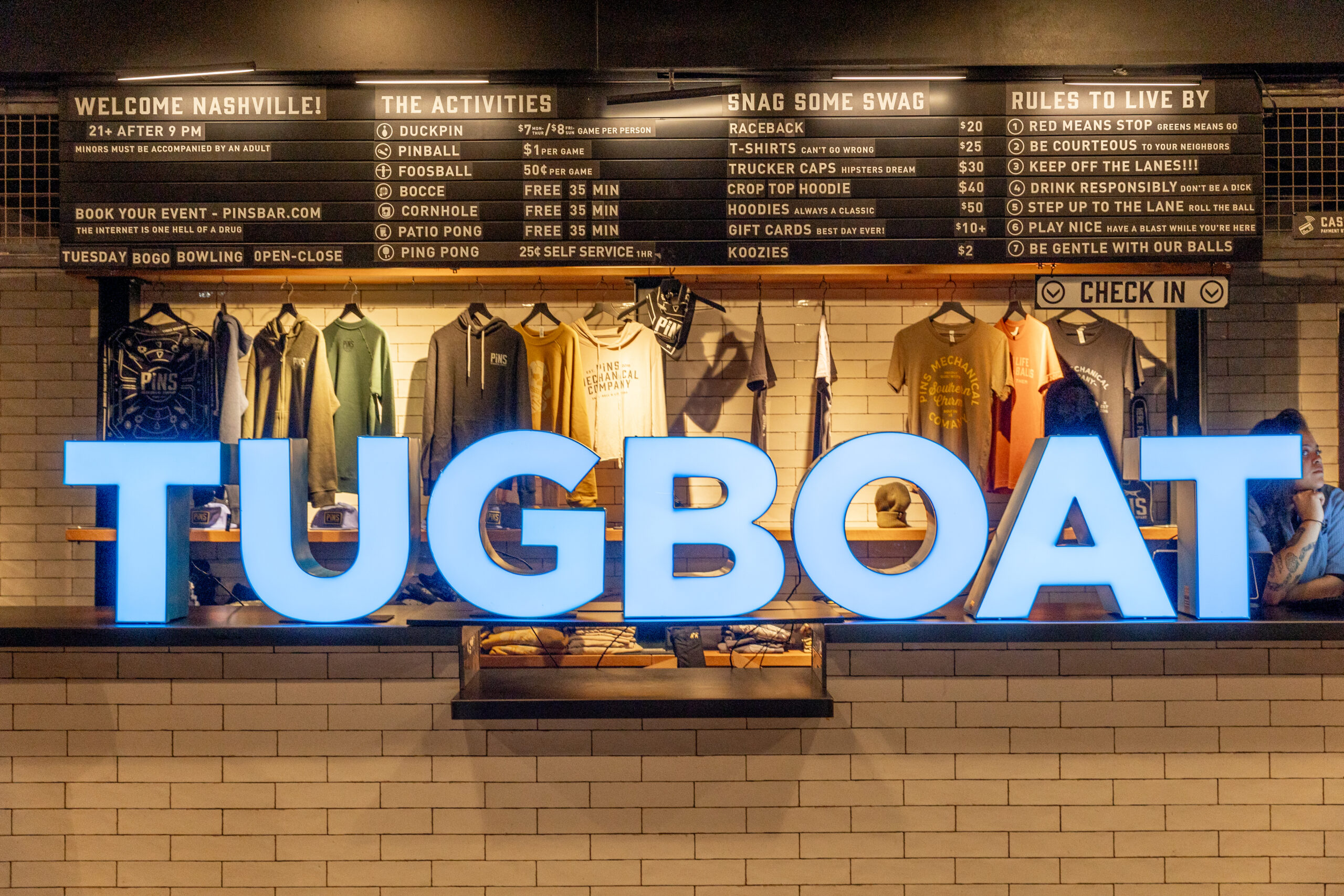
Celebrating Five Years of Bringing Evergreen® Teams Together
- Chauncy Gardner
- Tugboat Institute
Last week, we hosted our fifth annual Tugboat Institute® Gathering of Teams in Nashville, Tennessee. Many teams were in attendance for the fourth or even fifth time, and for them, it was an opportunity to reconnect with old friends, make new ones, and to continue to learn from the wisdom, best practices and hard-earned mistakes of other Evergreen companies across industries, sizes, geographies, business models and generations. For those teams that joined us for the first time, it was wonderful to observe their earnest engagement and their realization that they are not alone building and leading their companies – in alignment with the Evergreen 7Ps® principles.
Through both structured and unstructured conversations, attendees connected, learned, explored, and celebrated. At the center of the event, we all came together for five TED-style talks. We were treated to wisdom from one Tugboat member and one former member, as well as three distinguished thought leaders.
Robert Pasin is the third generation Chief Wagon Officer of the company his grandfather started and that you have likely known since childhood: Radio Flyer. When Robert stepped into the company at the age of 23, he quickly learned a lesson about the vulnerability of third generation businesses. An established success, whether it be a product or a service, can only carry you so far. The world keeps changing, and if your company does not change with it, decline is inevitable. He set to work reviving Radio Flyer through several Pragmatic Innovation approaches, ones that not only guided them out of the danger zone but, he shared, that have become the backbone of their ongoing product successes.
Our second speaker, Oliver Staehelin, was inspired early in his career to become a student of company culture when challenged by CEO Rich Fairbanks on his first day on the job at Capital One. Graduating from business school, Oliver co-founded a culture assessment company with Stanford Professor Charles O’Reilly. Professor O’Reilly’s research revealed the importance of a strong culture, defined as a company where the behaviors and norms of the company are clearly understood and honored at all levels of the organization. Oliver spoke to the competitive advantages of having a strong culture, especially in the context of very tight labor markets for decades to come.
We were honored that Dr. Robert I. Sutton, Stanford professor and author of many books including the renowned The No Asshole Rule, was able to join us just a week after the release of his newest book, The Friction Project. He shared the findings that he and his co-author, Huggy Rao, present in their new book about friction in the workplace. Human psychology is such that we tend to think of improvement and progress in terms of addition – we constantly look to add something new as we seek to move forward. However, sometimes it is more effective and important to remove something old, whether it be a product, process and/or program, in order to optimize overall performance and work satisfaction.
Our fourth speaker was Kelly D. Parker, a former marketing executive who has become fascinated by the power of storytelling. She now runs her own consulting firm and helps businesses and leaders discover the power of a well-told story to a clearly defined audience. Kelly shared her simple but powerful framework that can make a storyteller of all of us. As leaders of Purpose-driven companies, this is critical in internal and external communications.
Finally, we were thrilled to welcome Peter Zeihan to our stage. Peter is a renowned geopolitical scientist and is the author of many best-selling books including The Accidental Superpower, The Absent Superpower, and, more recently, The End of the World is Just the Beginning: Mapping the Collapse of Globalization. In an astoundingly far-ranging look at the global factors that will shape the coming decades, Peter shared why globalization is ending, and the impacts that will have on all countries and ultimately our businesses and lives. He foresees some uncomfortable realities ahead, but also acknowledges that the United States, Mexico, and Canada will be some of the best positioned regions to adapts to this change. In a provocative and engrossing talk, he gave us an enormous amount to think about, and left us all processing how we may have to adapt to a new world that could be far different from the one we all grew up in.
We are happy to be able to share these talks through our Evergreen Journal® in the coming months, so please keep an eye out for their release.
It’s been half a decade now that we have been bringing together Evergreen leadership teams to meet, learn, grow, and be inspired. Whenever Evergreen leaders gather, something special happens, but this event takes it to the next level. By inviting leadership teams and family members to immerse themselves in the Evergreen 7Ps principles, and to connect with other leaders working in similarly values-driven companies, the understanding of what it means to lead, grow, and adapt one’s Evergreen company seeps deeper into the fabric of each company. It is obviously important that a CEO or president anchor themselves in this thinking and commit to the Evergreen principles if they hope to build a wonderful company that will last for 100 years or more, but it can accelerate when the whole leadership team and company owners share in this vision and key practices. Tugboat Institute Gathering of Teams has become the unique place where that work can happen. To see how this community of teams has progressed in just five years is gratifying. Above all else, it confirms to all of us that we are onto something important. As we gain strength from one another, so grows our certainty that Evergreen companies can and will impact the world in positive ways for many, many decades, if not centuries, to come.
More Articles and Videos
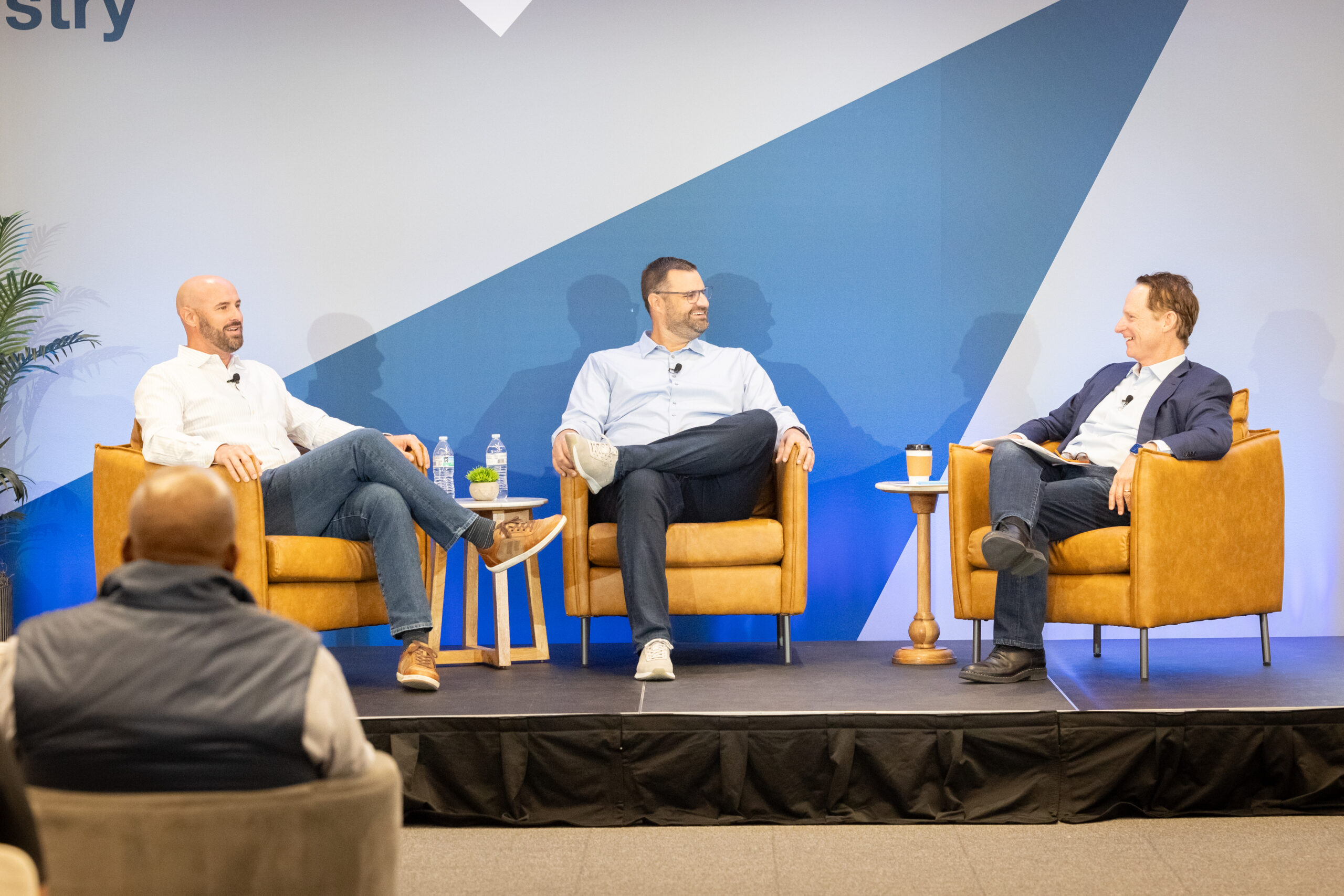
Fireside Chat with Dave Thrasher, Dan Thrasher, and Dave Whorton
- Dave Thrasher, Dan Thrasher, & Dave Whorton
- Supportworks and Thrasher Group

Get Evergreen insight and wisdom delivered to your inbox every week
By signing up, you understand and agree that we will store, process and manage your personal information according to our Privacy Policy
